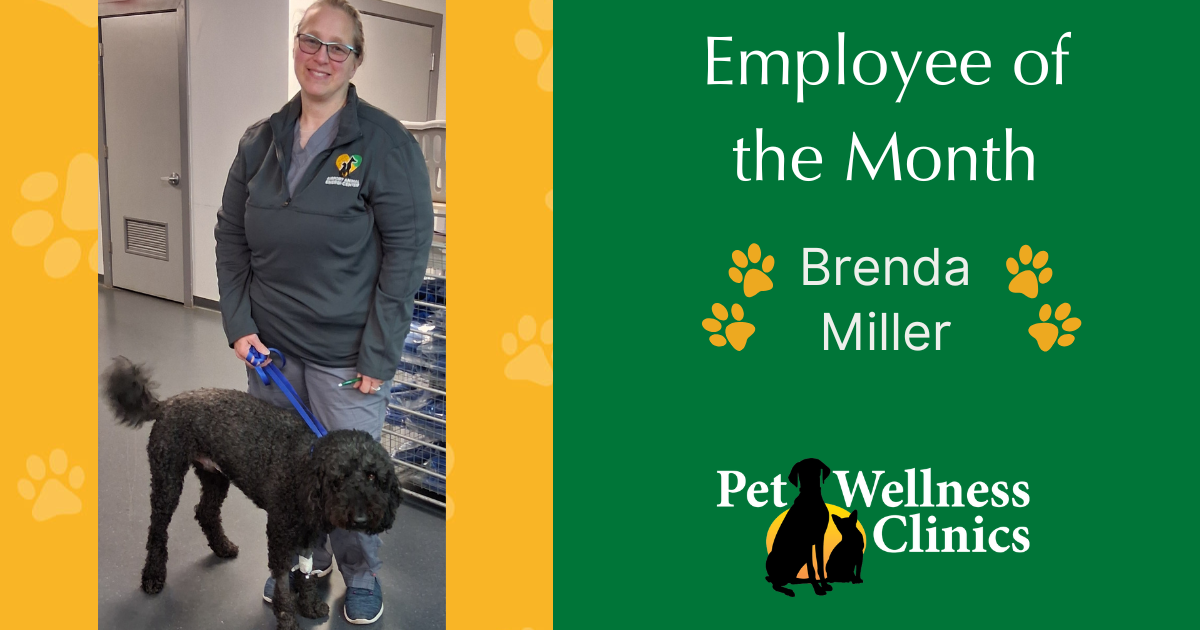Dogs are notorious for their lack of pickiness when it comes to their food. Many dogs will eat literally anything that they can find, including slippers, newspapers, and pretty much any item of food they feel inclined to snag.
One of the most puzzling things that dogs tend to chow down on is grass. Yes, even your yard isn’t safe from the appetite of your canine pal! Although grass-eating may be an infrequent habit of your pet, and it is common amongst all breeds of dog, it can still be disconcerting.
After all, dogs are carnivores, not herbivores, so why are they choosing to have a side salad of grass with their kibble? Especially when it tends to make them vomit not long after.
The exact answer as to why dogs eat grass might seem like something of a mystery. However, experts have given numerous suggestions for this strange behavior, and noticing that your dog is eating grass might be an indication to a bigger problem.
The most common reason given for why your furry friend chooses to chomp away at grass lies with their digestive system. Although dogs are carnivorous, they still need a certain element of roughage in their diet, if they are to maintain healthy digestion.
However, dogs are completely incapable of digesting grass, as they don’t have the enzymes needed to break down its fibers. With that said, the grass is quickly regurgitated, and the action tends to force up stomach contents, as well as the undigested grass.
Many veterinarians and animal behavior specialists believe that dogs eat grass, because they either feel nauseous, or they are having digestive problems, including intestinal worms or constipation.
Dogs who eat grass to make themselves sick tend to swallow it down quickly, barely bothering to chew. It is believed that the fibers of the grass can also tickle the back of the throat, which can cause them to retch and vomit.
Some pet owners who have noticed their dog eating grass claim that there is a correlation between the amount of grass their dog eats, and a lack of fruits and vegetables in their dog’s diet. At the same time, there is no known nutritional value to grass.
Make sure you are feeding your dog a high quality diet, choosing a veterinarian approved brand that offers high protein and fibrous food.
Another common reason given for grass-consumption by dogs is boredom. If your dog is out in your yard for extended periods of time without company or activities to keep his brain busy, he can quickly become bored. Eating non-food items (like slippers and grass) is a common sign that your pet is in desperate need of some stimulation.
If you suspect that your dog is eating grass out of boredom, then it may be a good idea to make sure that he is getting enough mental and physical exercise. Try taking your pup for a long walk every day, play interactive games like fetch, and give him a selection of sturdy chew toys for him to take out any frustration that he may have.
Most vets will agree that the act of eating grass in itself is not harmful for your pet. However, you should be mindful of the grass your pet is eating. Certain herbicide and pesticides used for lawn maintenance can be incredibly toxic, especially when ingested.
Not to mention, common house and garden plants can also be toxic for your pet, which can be dangerous if your dog eats them along with the grass. If your dog is eating grass, you should survey the area and make sure the neighboring plants aren’t dangerous. More importantly, your dog’s grass grazing might be a sign of a bigger problem, like nutritional deficiency or digestive disorders that require treatment.
If your dog is making a meal out of grass on a regular basis, it is always worth seeking the advice of our knowledgeable veterinarians at Pet Wellness Clinic. We will be able to detect any underlying medical causes that require immediate treatment. Call our office today at 317-516-5921 for an appointment.

.png)
